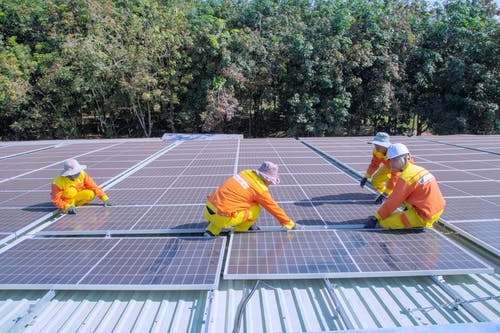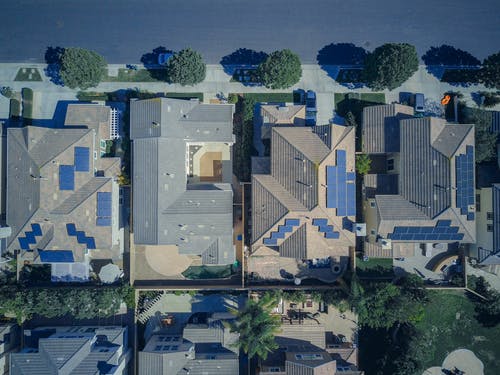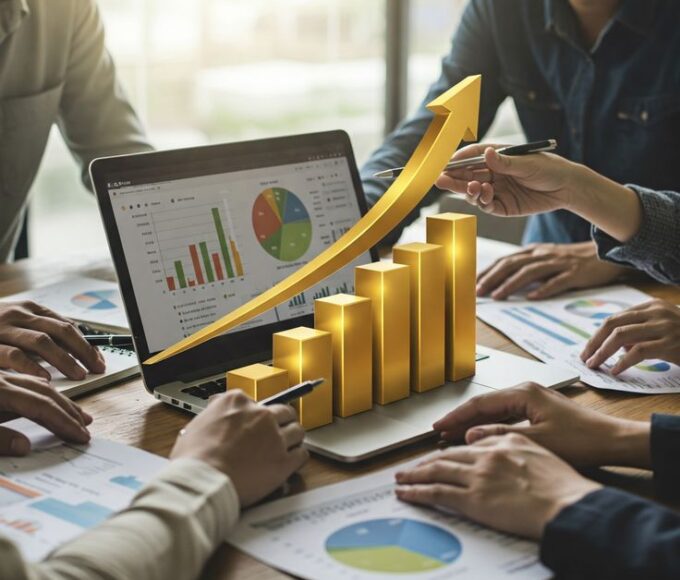Investing in a commercial solar system is a smart move for businesses looking to reduce energy costs and contribute to a sustainable future. While the initial setup of solar panels requires a significant investment, the long-term benefits of lower electricity bills and reduced carbon footprint are substantial. However, like any other asset, solar systems require proper maintenance to ensure they operate efficiently and last for their expected lifespan.
In this blog post, we’ll explore what to expect in terms of maintenance and the typical lifespan of a commercial solar system, helping you maximise your investment and avoid unnecessary downtime.
The Lifespan of Commercial Solar Systems
Most commercial solar panels are designed to last between 25 to 30 years, with some continuing to generate electricity well beyond that. Over time, however, the efficiency of the panels may decrease slightly, typically losing around 0.5% to 1% of their efficiency per year. This degradation is minimal but worth considering when calculating the long-term return on investment.
While the panels themselves can last for decades, other components of a commercial solar system, such as inverters and batteries, have shorter lifespans. Inverters generally need to be replaced every 10 to 15 years, depending on their quality and usage. Batteries, if part of the system, may last between 5 and 15 years, depending on the type and how frequently they are charged and discharged.

Regular Maintenance: What’s Involved?
Maintaining a commercial solar system is essential to ensure optimal performance throughout its lifespan. While solar panels are generally low-maintenance, there are a few routine tasks that should be performed regularly to prevent issues and maintain efficiency.
- Cleaning the Panels: Dust, dirt, bird droppings, and debris can accumulate on the surface of solar panels, reducing their ability to absorb sunlight efficiently. Regular cleaning, particularly in dusty or polluted environments, is essential to maintain peak performance. Many businesses schedule panel cleaning twice a year, but the frequency may increase depending on local conditions.
- Inverter Checks: The inverter is a crucial part of the solar system, converting the DC electricity generated by the panels into AC electricity used by the business. Regular checks of the inverter are necessary to ensure it’s working properly. Inverter issues can cause system inefficiencies or even complete shutdowns if left unchecked.
- Monitoring System Performance: Most modern commercial solar systems come with monitoring software that tracks energy production and system performance in real time. This data is invaluable for identifying any dips in performance, which could indicate maintenance issues like faulty panels or inverter problems. Regular monitoring allows you to spot potential problems early and avoid costly repairs down the line.
- Annual Inspections: Scheduling an annual professional inspection of your commercial solar system is recommended. A qualified technician will assess the overall health of your system, checking for wear and tear, corrosion, electrical connections, and ensuring all components are functioning correctly.
- Replacing Components: Over time, certain components such as inverters and batteries will need replacing. Keeping an eye on their performance through monitoring systems or professional inspections will allow you to replace them before they fail and cause downtime for your solar system.
How to Extend the Lifespan of Your Solar System
While the 25- to 30-year lifespan of commercial solar panels is standard, proper maintenance can help you extend their life and maintain efficiency. Here are a few tips:
- Keep panels clean: Regular cleaning will prevent dirt build-up and maintain optimal efficiency.
- Conduct regular inspections: Don’t wait for a problem to arise. Schedule professional inspections annually to catch any issues early.
- Monitor performance: Use your system’s monitoring software to track energy production. Any sudden drops in performance should be investigated immediately.
- Replace ageing components: Inverters, batteries, and other components will wear out over time. Replacing them as needed will prevent system failure and extend the overall lifespan of your solar setup.

When to Call a Professional
While some routine maintenance tasks, like cleaning, can be performed by your staff, it’s always a good idea to call a professional for annual inspections or any significant issues with system performance. A professional commercial solar installer in Melbourne can provide expert advice, troubleshoot any problems, and replace faulty components to ensure your system is running at peak efficiency.
Choosing the right installer is just as important as maintaining your system. Ensuring you partner with a reputable company that offers ongoing support and maintenance services will give you peace of mind that your commercial solar system will operate smoothly for many years.
Investing in a commercial solar system is a long-term commitment that can bring significant savings and environmental benefits to your business
With a typical lifespan of 25 to 30 years, these systems are built to last, but proper maintenance is essential to ensure you get the most out of your investment. Regular cleaning, system monitoring, and annual inspections will keep your solar panels running efficiently, while timely component replacements will prevent costly downtime.By taking these steps, you’ll ensure your commercial solar system continues to provide clean, renewable energy for decades to come.
















